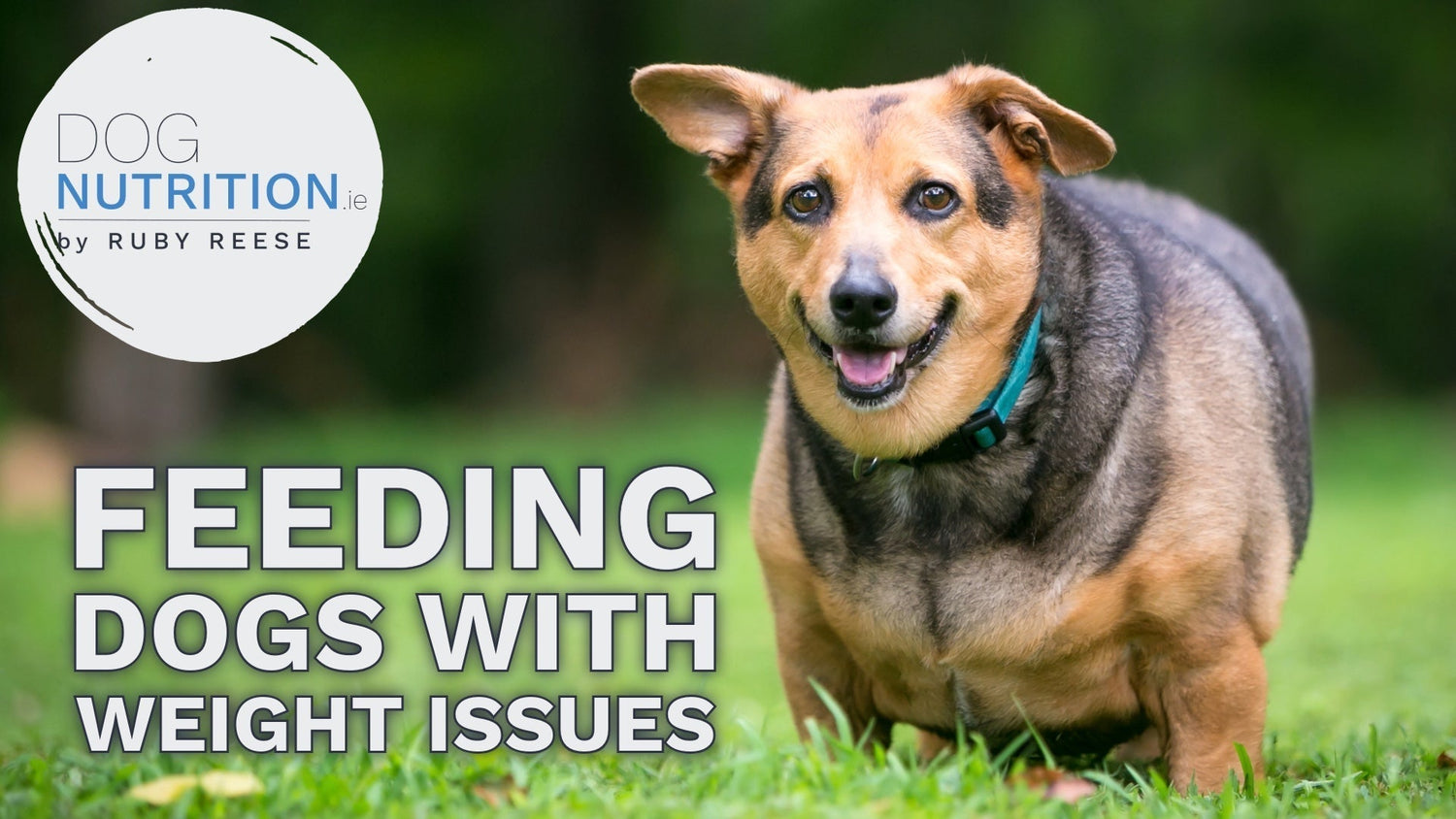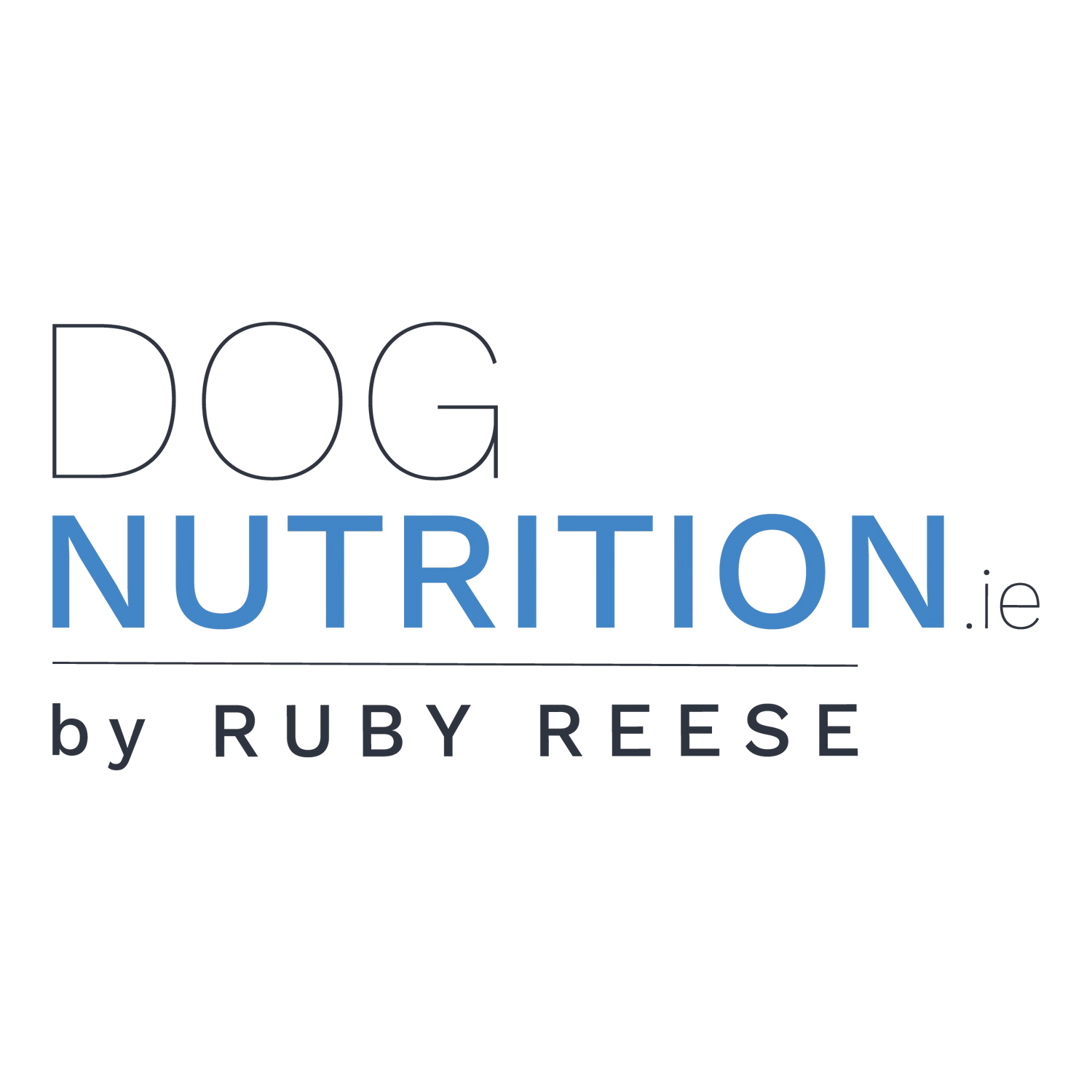Why Consulting a Canine Nutritionist Can Benefit Dogs with Weight Management Difficulties
If you’ve ever struggled to help your dog loose or gain weight, you’re not alone. Weight management is one of the most common challenges pet guardians face, and it plays a critical role in a dog’s long-term health. Carrying extra pounds can increase the risk of arthritis, diabetes, heart disease, and reduced lifespan, while being underweight can signal underlying illness or malnutrition.
But achieving and maintaining a healthy weight isn’t always as simple as cutting back on kibble or adding more walks. Just like people, every dog’s metabolism, lifestyle, and health status are unique. That’s why many families turn to a canine nutritionist - a professional trained in formulating diets that meet a dog’s individual needs.
In this article, we’ll explore why weight management matters, the challenges pet parents often face, and how a canine nutritionist can provide tailored guidance to help your dog reach and maintain a healthy weight.
Why Weight Management Matters
Weight isn’t just about appearance - it’s about health. Studies show that maintaining an ideal body condition can extend a dog’s lifespan considerably. Healthy weight supports:
- Joint health: Less strain on bones, joints, and ligaments.
- Metabolic balance: Lower risk of diabetes and insulin resistance.
- Cardiovascular health: Reduced workload on the heart and lungs.
- Quality of life: More energy, mobility, and comfort.
On the other hand:
- Overweight dogs can be more likely to develop arthritis, breathing difficulties, and chronic disease.
- Underweight dogs may suffer from nutrient deficiencies, poor muscle mass, or underlying conditions like gastrointestinal disease or metabolic disorders.
Because weight is linked to so many aspects of health, nutrition plays a pivotal role in managing it.
Why Weight Management Can Be Challenging
Many pet owners do their best - switching to “light” formulas, measuring portions carefully, and increasing exercise - yet still struggle to see results. Some common hurdles include:
- Metabolic differences: Dogs, like people, vary in how efficiently they burn calories.
- Portion miscalculations: Feeding guidelines on bags are often very broad and may not fit your individual dog.
- Hidden calories: Treats, table scraps, and chews can be great enrichment for dogs but when fed in larger amounts, need to be calculated into the diet plan.
- Underlying medical conditions: Hypothyroidism, arthritis, or hormonal imbalances can make weight loss difficult.
- Multiple pets in the home: Free feeding or shared bowls can complicate individual weight management.
- Appetite and behaviour challenges: Begging, food-seeking, or picky eating can derail well-intentioned plans.
This is where a canine nutritionist can step in to provide clarity and tailored solutions.
How a Canine Nutritionist Can Help
A canine nutritionist specialises in the science of feeding dogs for health, disease management, and lifestyle needs. When it comes to weight management, they provide far more than a calorie chart - they create a customised, practical plan for your dog that fits into your household.
Here’s how:
1. Individualised Weight Management Plans
Rather than relying on generic feeding charts, a nutritionist considers:
- Current body condition and ideal target weight
- Age, breed, and metabolism
- Activity level and lifestyle
- Health conditions (arthritis, diabetes, thyroid disease, etc.)
- Feeding preferences (dry, wet, raw, home-cooked, etc.)
This results in a personalised plan that aligns with your dog’s needs - not just averages.
2. Calorie Calculations and Portion Control
Weight management ultimately comes down to energy balance: calories in versus calories out. But finding the “sweet spot” for safe, steady weight loss (or gain) requires precision.
A nutritionist can:
- Help to find the daily calorie target for your dog.
- Recommend portion sizes based on food density and feeding frequency.
- Adjust calorie goals as weight changes or activity levels shift.
This prevents underfeeding (which can cause nutrient deficiencies) and overfeeding (which stalls progress).
3. Nutrient Balance Beyond Calories
Simply cutting food volume doesn’t guarantee balanced nutrition. Dogs still need the right amount of protein, vitamins, and minerals - especially during weight loss, when muscle preservation is key.
A nutritionist ensures that diets are:
- Protein-rich enough to preserve lean muscle mass.
- Low in unnecessary fats and sugars while still satisfying.
- Rich in fibre to promote satiety and digestive health.
- Balanced with essential vitamins and minerals, even at reduced calorie levels.
For underweight dogs, there may be an opportunity to design calorie-dense but digestible diets that support safe and stable weight gain without overwhelming the digestive system.
4. Managing Treats and Extras
For many families, treats are an important part of bonding, enrichment and training. But in weight management, they can be a hidden obstacle. A nutritionist helps by:
- Recommending low-calorie, nutrient-appropriate treats.
- Adjusting the main diet to account for treat calories.
- Suggesting non-food rewards to balance affection and training.
This allows pet parents to keep rewarding their dogs without sabotaging progress.
5. Designing Home-Cooked or Fresh Diets
Some pet guardians prefer fresh or home-cooked diets, which can be really adaptable and flexible for what we want to achieve, but formulating these for weight management requires precision. Without expert guidance, homemade meals may end up unsuitable for the body condition we are looking for or nutritionally incomplete.
A nutritionist can:
- Provide evidence-based recipes with precise calorie counts.
- Recommend supplements to fill any nutritional gaps.
- Adjust recipes as your dog progresses toward a healthy weight.
6. Supporting Dogs with Medical Conditions
Many dogs with weight difficulties also have health conditions that complicate management, such as:
- Hypothyroidism (slowed metabolism)
- Arthritis (reduced activity)
- Cushing’s disease (hormonal weight gain)
- Diabetes (requiring precise nutrient balance)
A canine nutritionist collaborates with your veterinarian to create a plan that accounts for both weight management and medical needs, ensuring safe, comprehensive care.
7. Long-Term Success and Maintenance
Crash diets don’t work for dogs any more than they do for people. The goal is steady, sustainable progress and long-term maintenance. Nutritionists provide:
- Regular adjustments based on weight checks and body condition scoring.
- Strategies to prevent rebound weight gain.
- Guidance for every life stage, from young adulthood through senior years.
This ongoing support helps dogs maintain a healthy weight for life.
The Benefits for Pet Parents
Working with a canine nutritionist offers peace of mind and clarity. Pet owners often report:
- Confidence that feeding choices are scientifically sound.
- Clarity when navigating the confusing world of diet foods and marketing claims.
- Support when addressing behaviour around food, from begging to picky eating.
- Relief from the frustration of trial-and-error feeding.
Most importantly, you’ll feel empowered knowing that your efforts are backed by expert guidance tailored specifically to your dog.
Practical Steps for Getting Started
If you’re considering consulting a canine nutritionist for weight management, here’s how to prepare:
- Talk to your veterinarian. Rule out underlying medical causes for weight difficulties.
- Book your appointment with a certified canine nutritionist at dognutrition.ie
- Gather health records. Weight history, body condition scores, lab results, and activity levels help a nutritionist design the plan.
- Track your dog’s diet. Note everything your dog eats in a typical week, including treats, chews, and table scraps.
- Set realistic goals. Safe weight loss is typically 1–1.5% of body weight per week. For weight gain, slow and steady is also key.
Final Thoughts
Weight management can be one of the most frustrating challenges in dog care - but it is also one of the most rewarding. Helping your dog reach and maintain a healthy weight doesn’t just add years to their life - it makes those years more active, comfortable, and joyful.
dognutrition.ie provides the personalised expertise to make this journey easier, safer, and more effective. By designing a plan that fits your dog’s unique needs, preferences, and health status, we empower you to move beyond guesswork and toward long-term success.
With the support of both your veterinarian and a nutritionist, you can give your dog the best possible chance at a healthy, balanced, and happy life.




0 comments